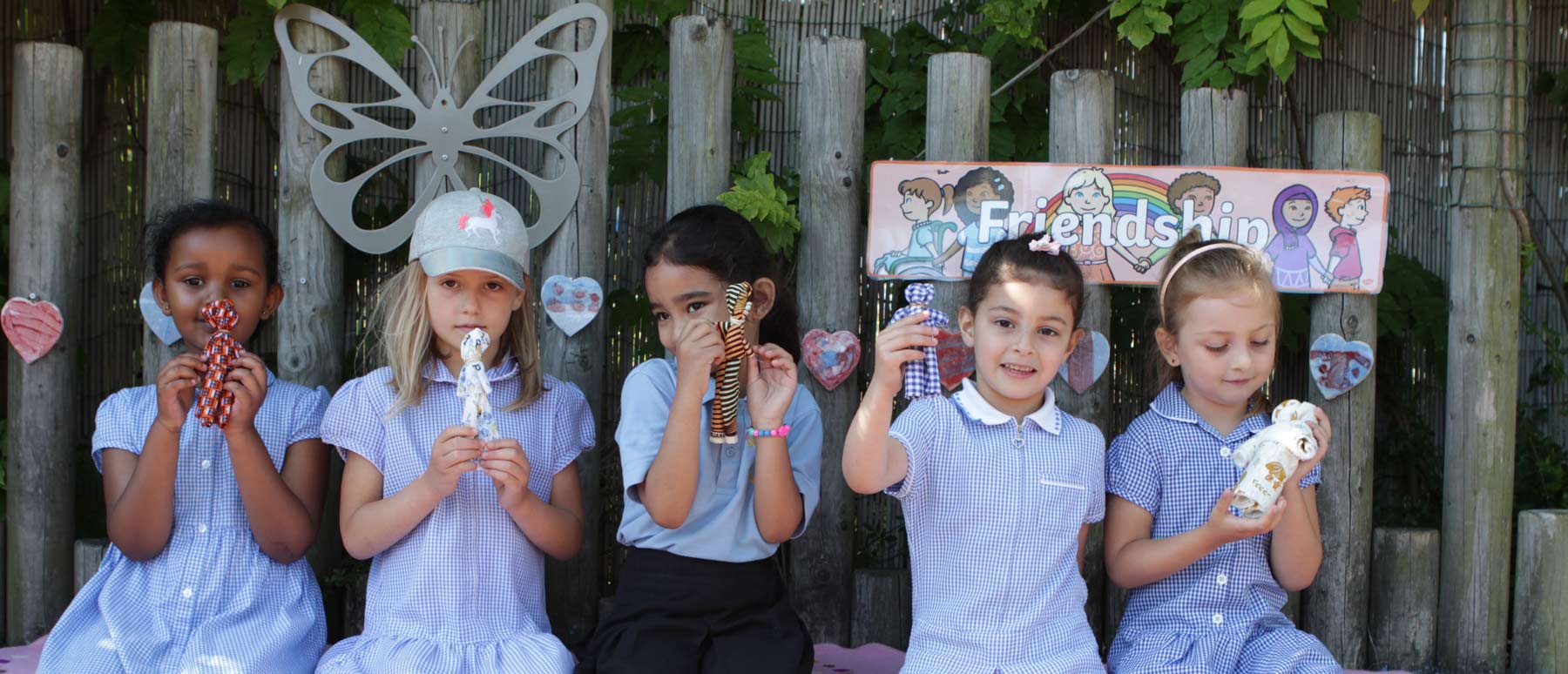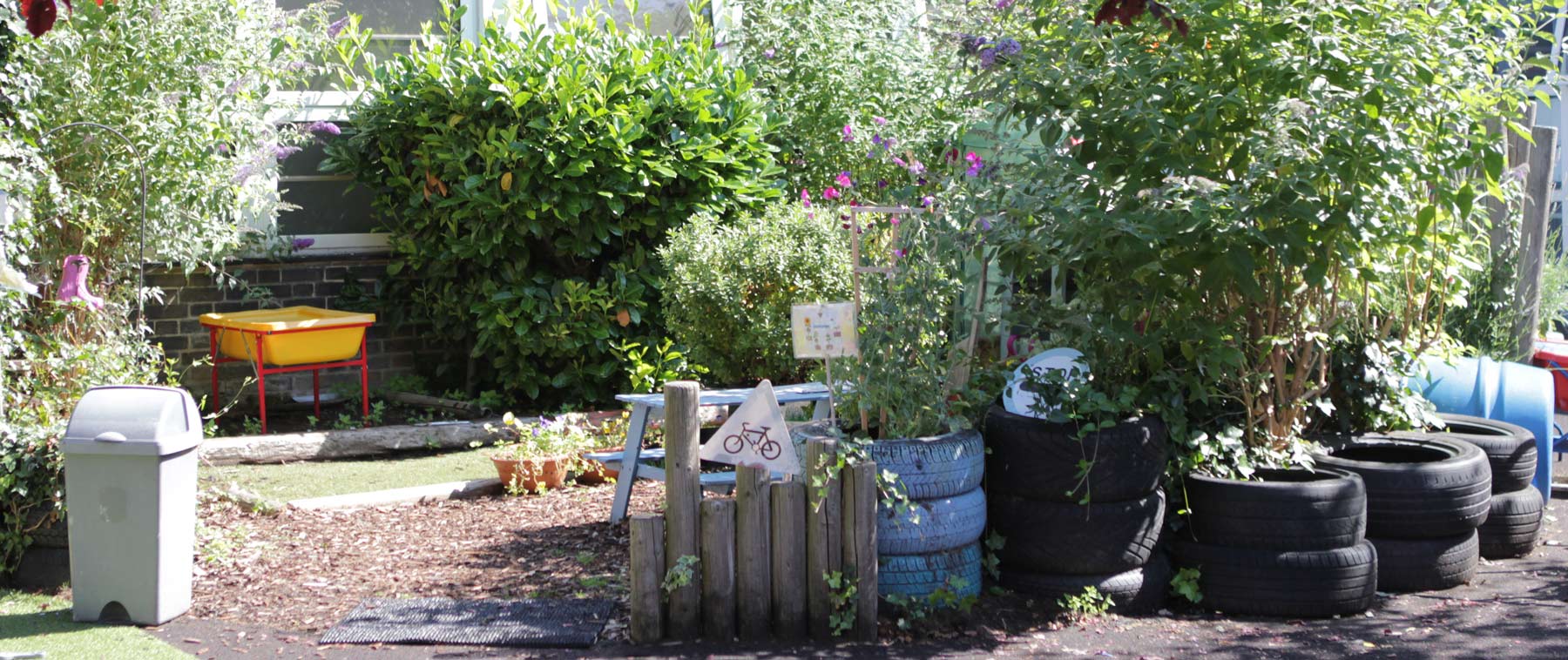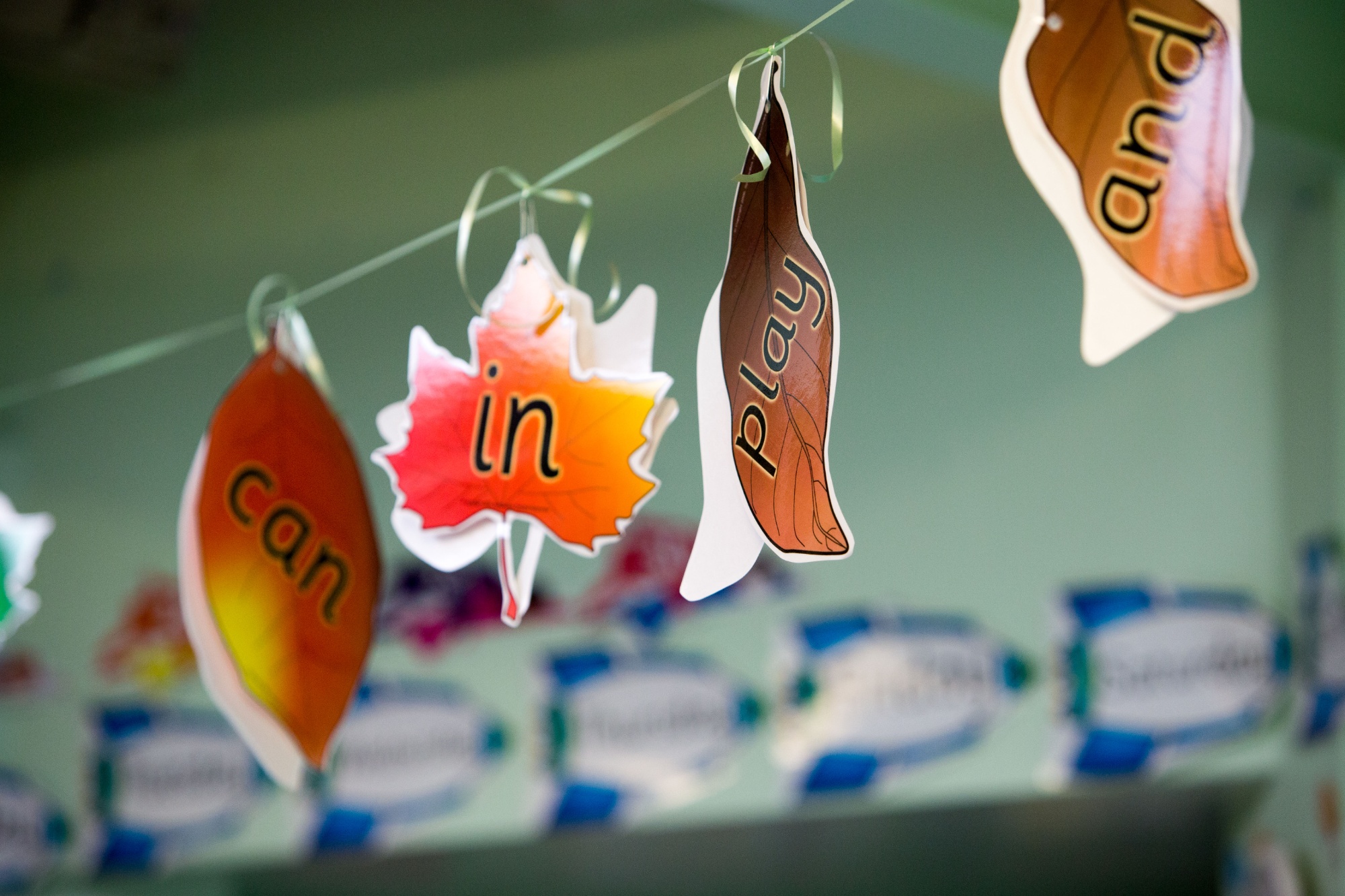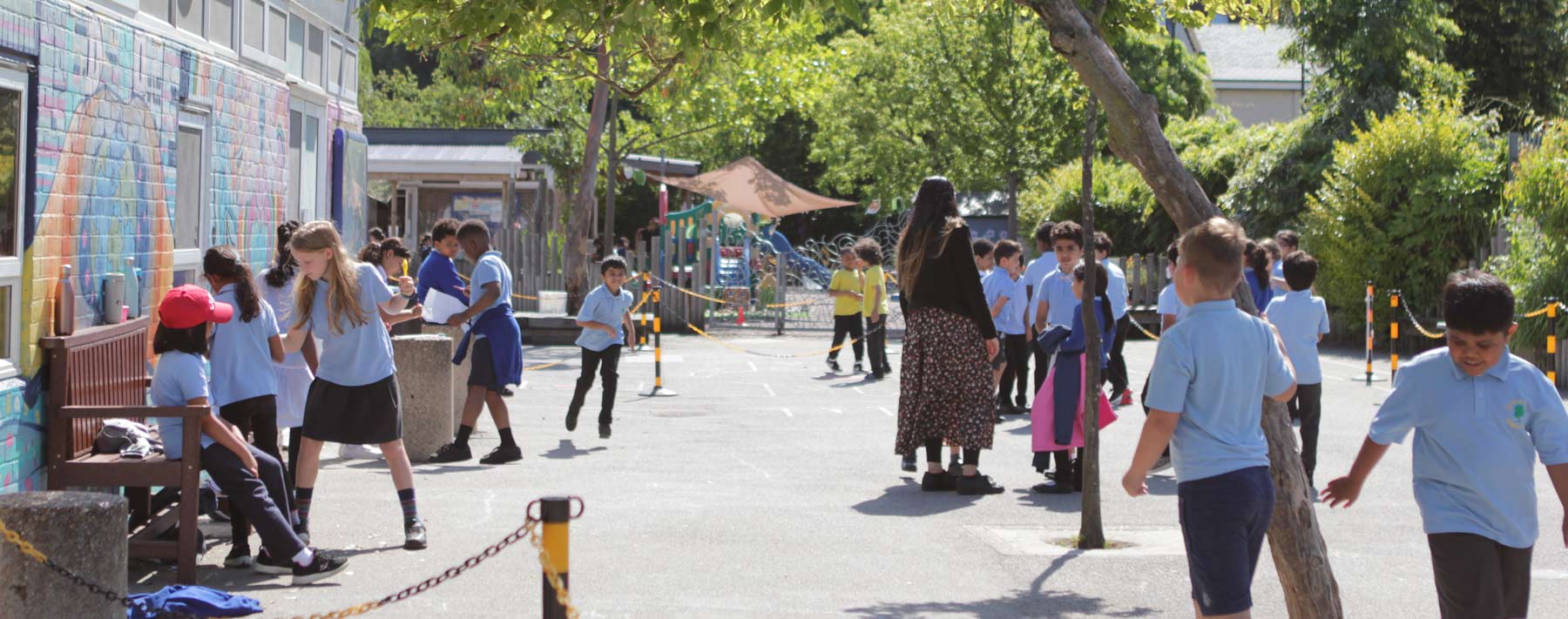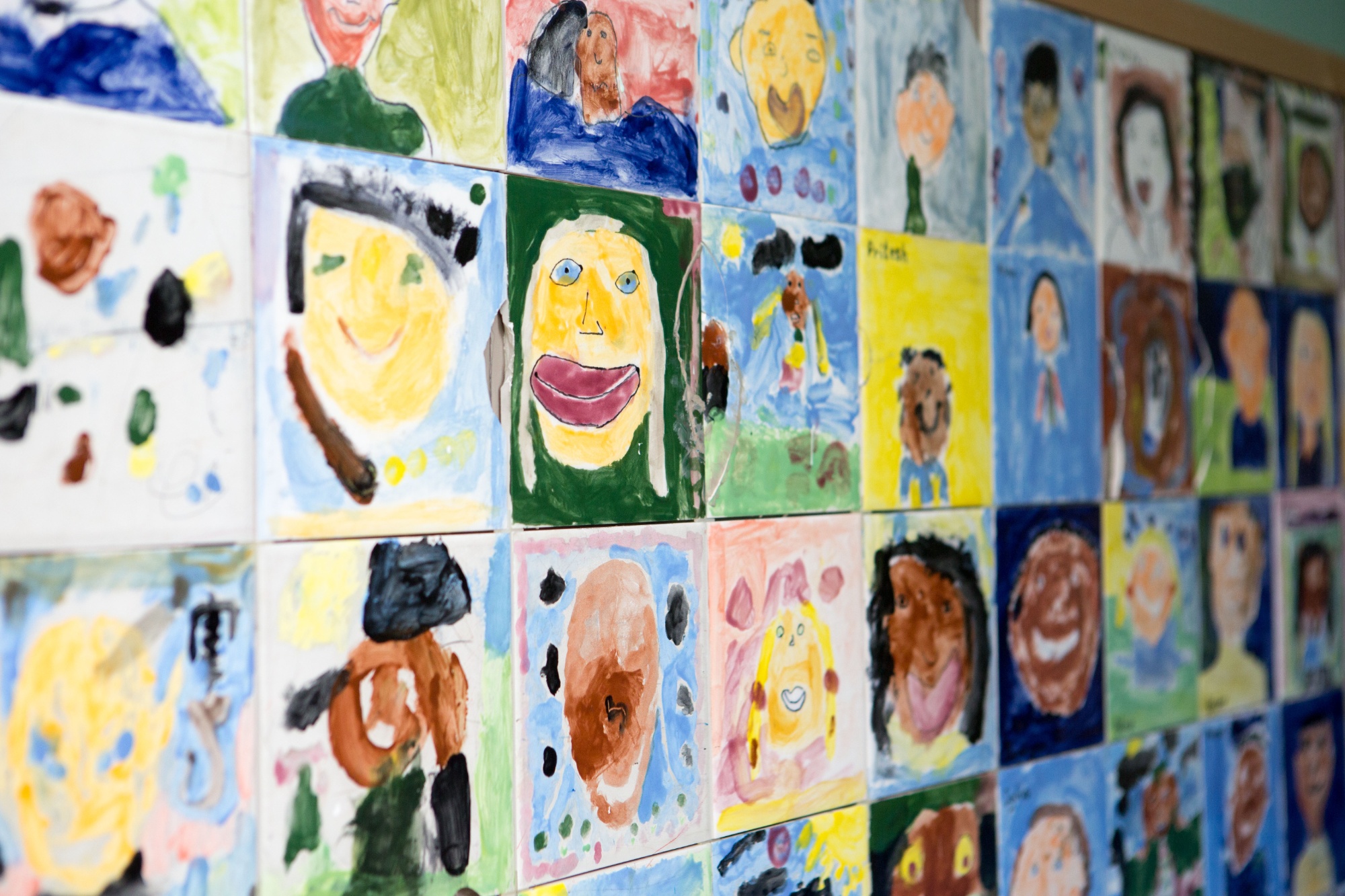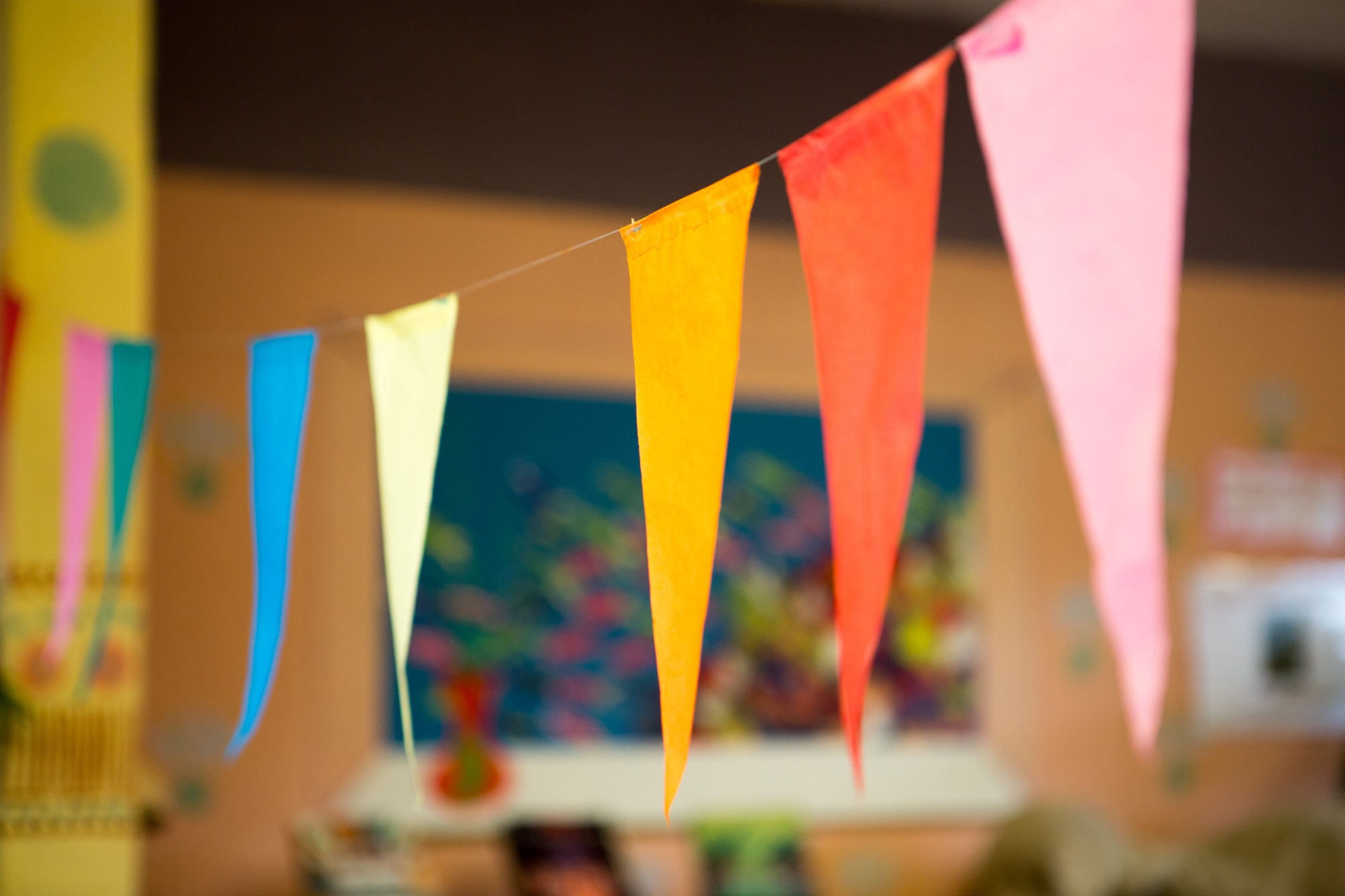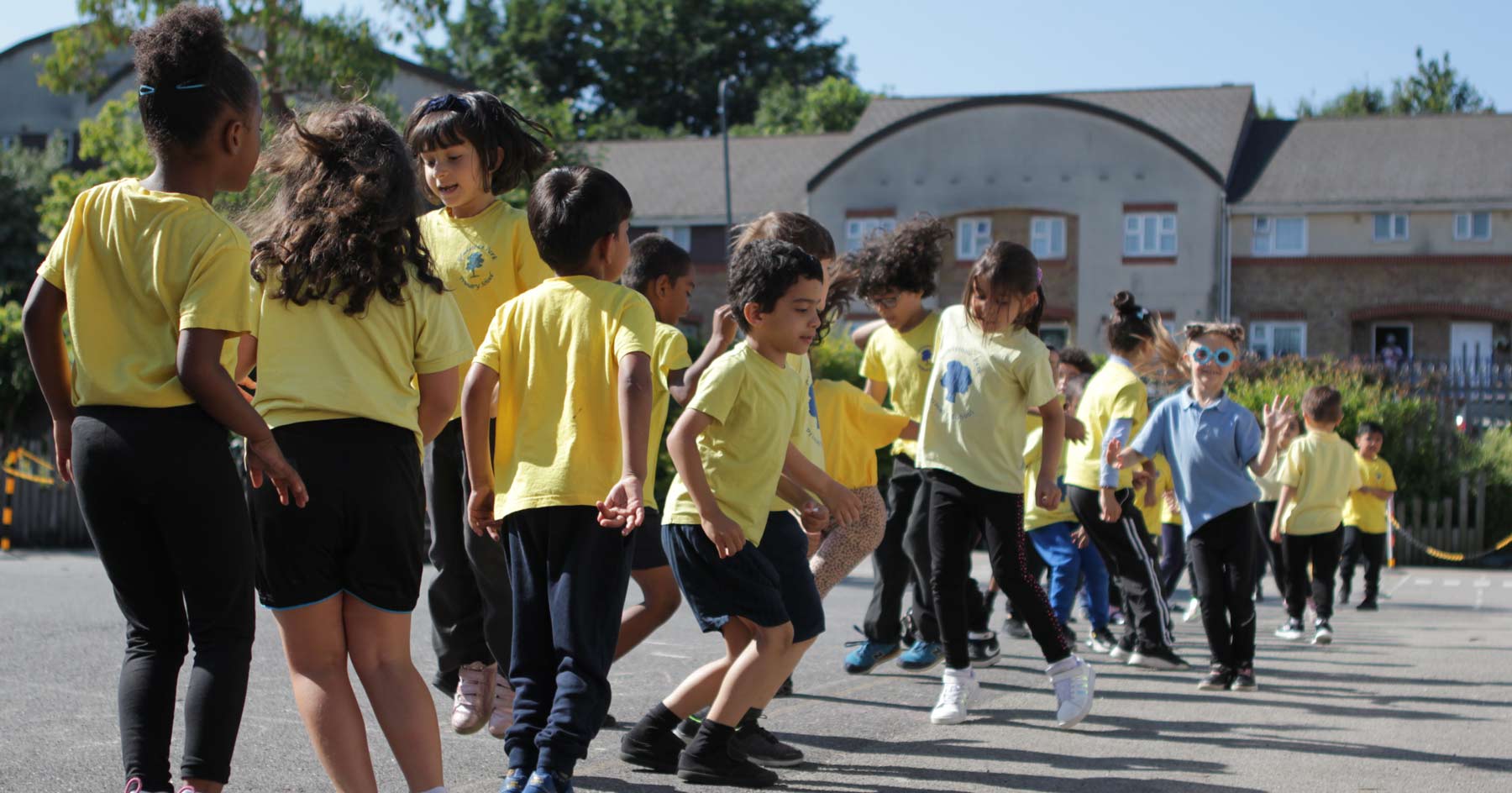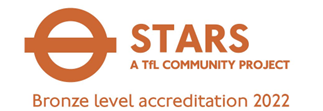English
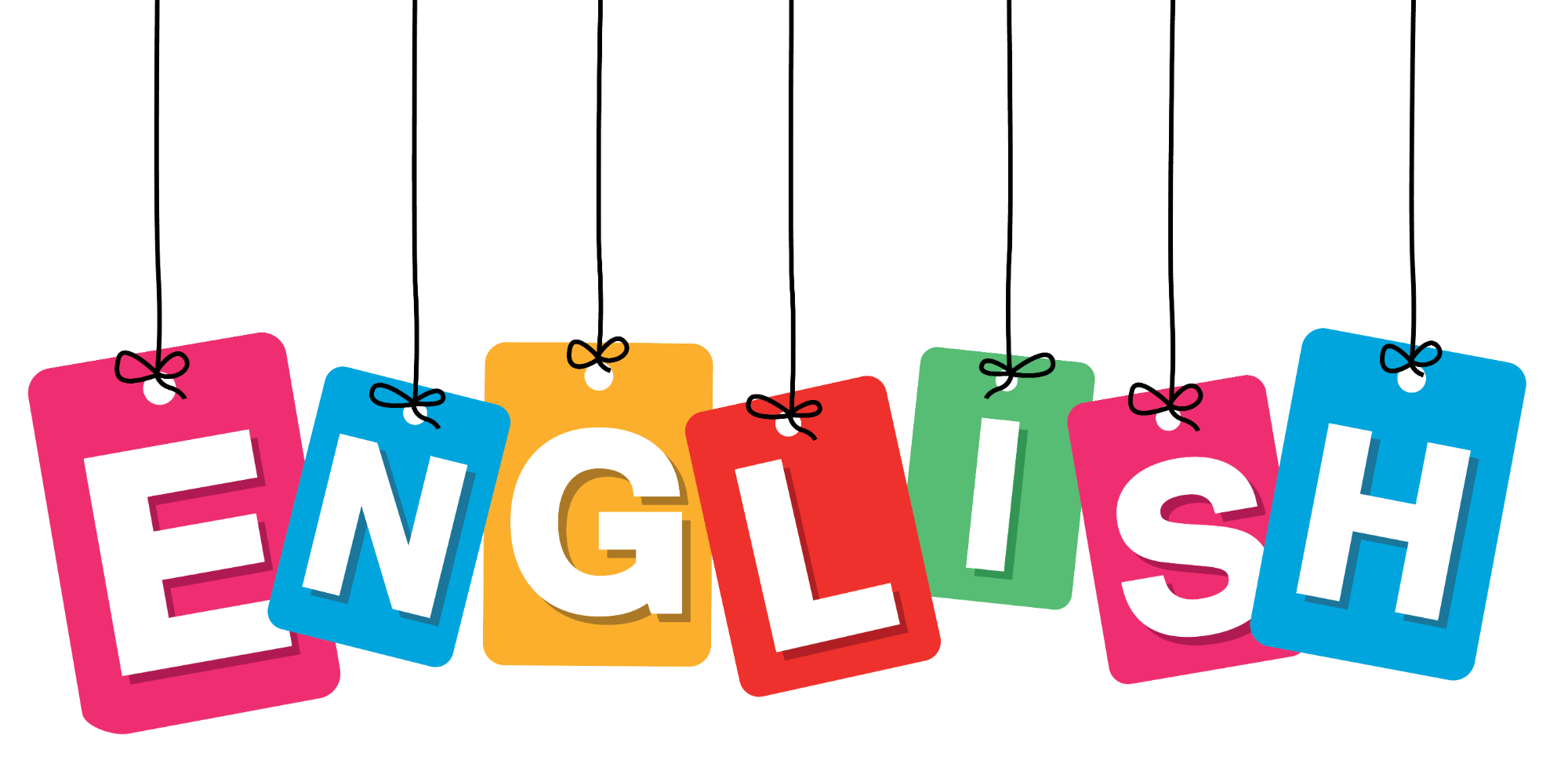
‘Books give a soul to the universe, wings to the mind, flight to the imagination, and life to everything.” -Plato
At Gladstone Park School, we believe that English is at the heart of our learning and teaching and essential to every area of the curriculum. It is through English that concepts are formed and we are able to make sense of the world and our place in it. We value the importance of speaking with eloquence and conviction; reading for pleasure and understanding, and writing with fluency and style.
At Gladstone Park we aim to:
- Develop confidence in speaking for a range of purposes e.g. debates, assemblies, performances, reading aloud and engaging in discussions.
- Foster a love of reading and books
- Deliver rich opportunities for writing based on quality core texts
- Provide children with cross curricular links so skills are transferable
- Ensure all children are supported in meeting the Early Learning Goals in the Early Years Foundation stage and End of Year Expectations for the National Curriculum 2014
- Assess children’s progress both formatively and summatively to ensure they are making the best progress possible
Planning and organisation
Children have English lessons that have the main focus of writing, reading or speaking and listening (Oracy). This includes word, sentence and text level activities. Through our English lessons, children will take part in speaking and listening activities, comprehension and reading-based tasks and have an opportunity to plan and write creatively in the particular style of writing focussed on during that unit of work. Children must also have the opportunity to see teachers modelling high quality writing with accurate spellings, grammar and handwriting. Each year group has an explicit set of end of year outcomes (Key Skills) which class teachers use as a guide to plan and assess from.
Speaking and Listening
Good speaking and listening skills are fundamental to good learning, and play a large part in a child’s progress. During their time at Gladstone Park Primary School, interactive teaching strategies are used to engage all pupils in order to raise reading and writing standards. Children are encouraged to develop effective communication skills in readiness for later life. We aim for children to be able to speak clearly, fluently and coherently, to be able to listen attentively with understanding, pleasure and empathy and contribute to group discussions effectively.
We achieve this by:
- Giving our children confidence in themselves as speakers and listeners by showing them that we value their conversations and opinions.
- Modelling good Standard English in our day-to-day interactions with children and with other adults in our school.
- Expecting children to ask and answer questions in full sentences.
- Encouraging respect for the views of others by generating clear and concise ‘discussion guidelines’.
- Helping children to articulate their ideas with the support of discussion stems.
- Providing a range of experiences where children can work collaboratively and participate in opportunities to reflect on talk and explore real and imagined situations through role play, hot seating, debates, vocabulary enrichment and discussions.
- Developing a wide vocabulary and language acquisition through the explicit teaching of new words. Vocabulary is displayed in the environment and used by the children to enhance their speaking and listening as well as their reading and writing.
Reading
Our aims are for all children at Gladstone Park to:
- Become fluent, confident and expressive readers.
- Read with enjoyment across a range of genres.
- Read for pleasure as well as for information.
- Read and respond to a wide range of different types of literature.
- Understand the layout and how to use different genres and text types.
- Understand and apply their knowledge of phonics and spelling patterns and use this to decode words with accuracy.
- Build their bank of sight words to enable fluent reading.
- Have an interest in words and their meanings, developing a rich and varied vocabulary.
- Understand and respond to literature drawn from a range of cultures and literary heritage.
Home Reading
For children to become fluent readers, we expect children to read at home every day. The time children spend reading each day varies for each phase e.g.
Reception and Key Stage 1: 10-15 minutes
Years 3 and 4: 20 minutes
Years 5 and 6: 30-40 minutes
Families are expected to listen to their children read and ask questions to develop comprehension.
Handwriting
We aim for our pupils to develop a neat, legible, speedy handwriting style using continuous cursive letters that leads to producing letters and words automatically in independent writing. By the end of Year 6, pupils will understand the importance of neat presentation and the need for different letterforms (cursive, printed or capital letters) to help communicate meaning clearly. Handwriting is a cross-curricular task and will be taken into consideration during all lessons.

